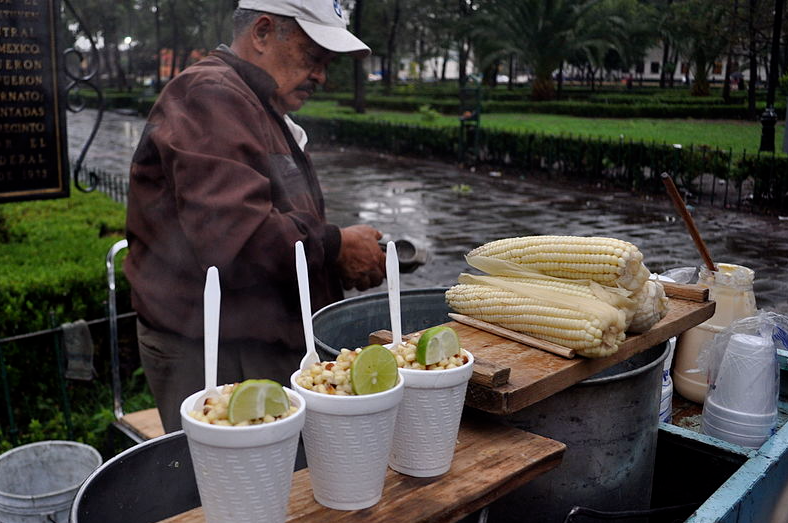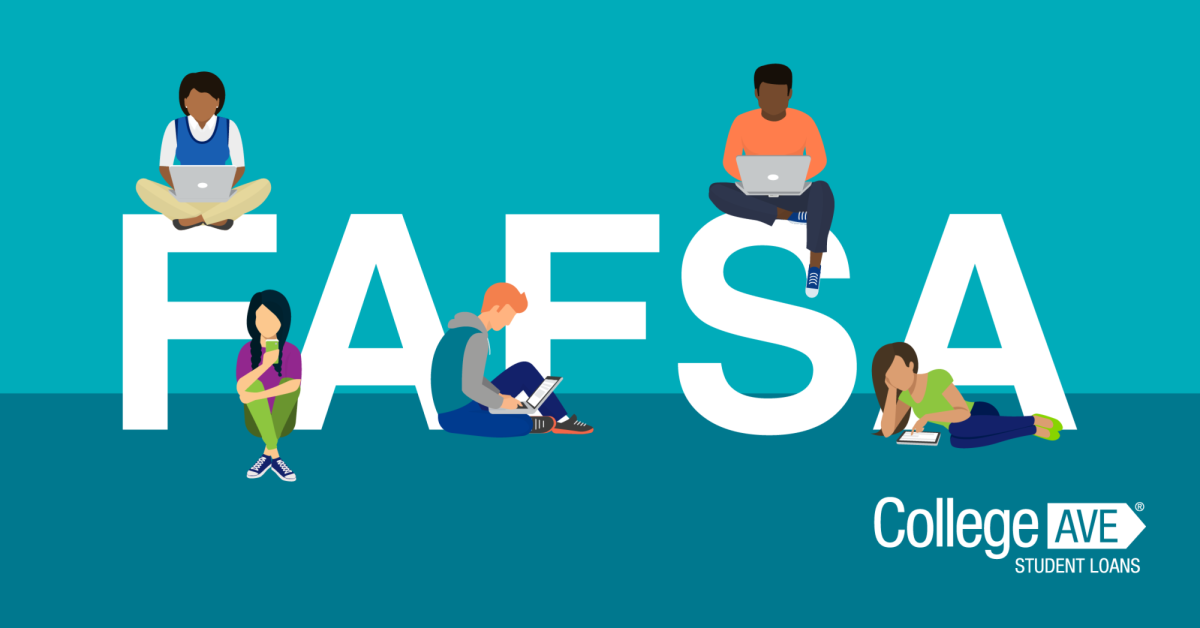With over a quarter of the population having Mexican ancestry, Las Vegas stands as a testament to the rich Hispanic culture of not only Nevada but the entire Southwest US. While numerous elements of Mexican tradition can be found intertwined with the regional culture (such as rodeos and the prevalence of the Spanish language), none might be as quintessential as the practice of selling Mexican street corn. Known as elote, this is more than a savory treat; it is a symbol that represents the rich heritage and history of Mexican-American communities.
Elote, served with a variety of toppings like mayonnaise and cheese, is often sold by cart-pushing vendors known as eloteros. Eloteros typically sell elote and other snacks out of informal, colorful carts on busy street corners or in parks.
Spring Valley, in southwest Vegas, has seen more eloteros pop up on street corners near parks or schools in recent years.
“Eloteros don’t only provide mouth-watering food,” said Spring Valley High School senior Andrew Parada. “They provide a welcoming atmosphere and bring all sorts of people together, creating a stronger community.”
For many locals, the area around an elotero is a shared communal space. Patrons gather, sharing food and stories–simply enjoying life and their company together.
“They depend on us. They give us links to our cultural roots, and in my opinion, food connects people like nothing else,” Parada explains.
Eloteros in their modern form appeared in the mid-20th century, partially due to the influx of Mexican immigrants to the southwest as part of the Bracero Program. The Bracero Program was a joint operation between the US and Mexico, which allowed Mexican migrant workers to move to America to fill labor shortages on stateside farms. These workers brought many cultural elements with them from Mexico, including elote. In communities with large Hispanic populations, such as Spring Valley in the western part of Vegas, eloteros frequently draw crowds on sunny afternoons and warm summer evenings.
Eloteros are often also figureheads of entrepreneurial spirit in their communities. Many are immigrants and small business owners who turned a tradition into a livelihood. Additionally, eloteros are significant in that they provide a sense of nostalgia for some–reminding them of their time spent in Mexico and cherished moments with loved ones.
“Eloteros take me back to spending time in Mexico during my childhood,” said Spring Valley senior Ananda Donohue. “Having them so close to home is really comforting, and it makes me feel proud of my origins.”
Unfortunately, despite their status as beloved symbols of Mexican-American communities, eloteros can often face discrimination and harassment. Excessive harassment of eloteros is greatly enabled due to the fact many are undocumented immigrants–an already vulnerable demographic in the US. Furthermore, in Las Vegas, street vending is heavily regulated by law, often requiring licenses and permits many eloteros cannot afford.
Last year, Senator Fabian Doñate proposed a bill that aimed to expand the ability for eloteros to legitimize their businesses as food vendors, regardless of their immigration status.
“It’s incredibly difficult for folks to obtain the permits and the licenses right now,” Doñate said in an interview with the Las Vegas Review-Journal. “What we believe is that they should be treated with respect and dignity…”
Doñate says he has seen this lack of respect firsthand from the Southern Nevada Health District when he witnessed them confiscating an unlicensed elotero’s equipment in front of Valley High School.
“I feel obligated to help and support our community,” continued Doñate. “We know a lot of members of the community sell food in the street.”
The bill has also proposed establishing a task force on safe sidewalk vending. While this is an effort to ensure the food sold is sanitary, it is also a measure to protect eloteros from violence.
“I’d be excited to see this [bill] passed and to feel safer,” said elotero Eduardo Moreno to the LVRJ.
Moreno, who has been robbed four times, is one of the thousands of local eloteros who have faced violence while on the job. Many of these eloteros are the sole supporters of their families, and cannot find more stable jobs due to their immigration status.
“I’m terrified if something were to happen to me [because] I’m the only one that sustains my family,” Moreno said.
Situations like the one Moreno is facing are too common of an experience for eloteros in the valley. Street vending, as an occupation, is becoming increasingly unsafe. Coupled with the legal troubles that eloteros can be subject to, this highlights the insecurities of the career.
Despite the challenges that they might face, eloteros remain integral aspects of Mexican American communities. In Las Vegas especially, eloteros are more than street vendors–they are cultural stewards, symbolic of the resilience of Mexican-Americans. They rely on their communities to make a livelihood, and their communities depend on them to create shared cultural spaces and keep traditions alive.





